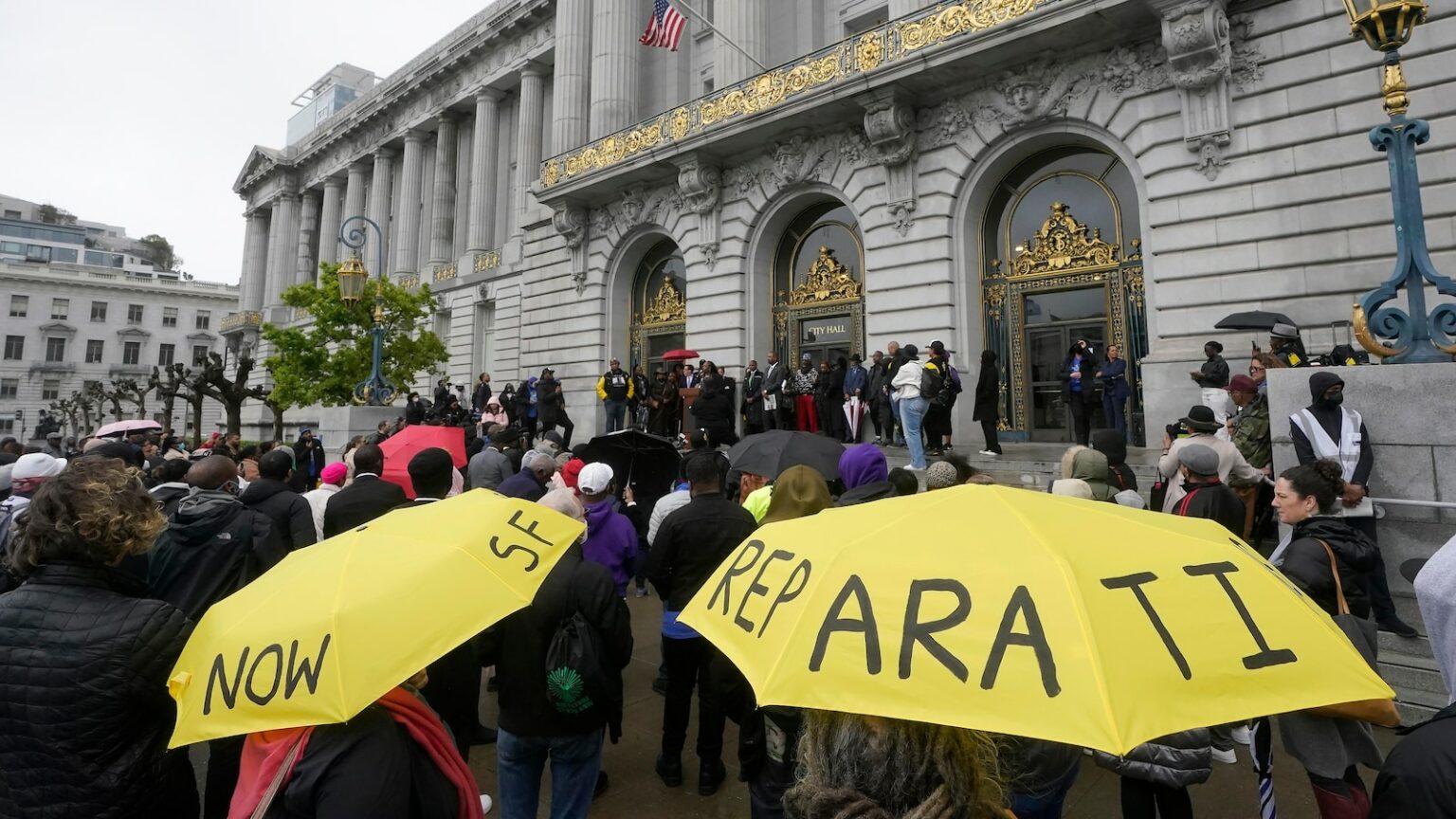The San Francisco Board of Supervisors is set to offer a formal apology to Black residents for decades of racist laws and policies that have been perpetuated by the city. The resolution, which is scheduled to be voted on, has gained the support of all 11 members of the board as sponsors, ensuring its passage. This would make San Francisco one of the first major U.S. cities to issue such an apology. The resolution calls for a commitment to not repeating harmful policies and practices and to make substantial ongoing investments in Black communities, of which there are approximately 46,000 residents in San Francisco.
Supervisor Shamann Walton, the only Black member of the board and a chief proponent of reparations, believes that an apology is a concrete step in admitting fault and making amends. However, some, like Rev. Amos C. Brown, a member of the San Francisco reparations advisory committee, feel that an apology alone is not enough for true atonement. The African American Reparations Advisory Committee, which proposed the apology among other recommendations, has suggested that eligible Black adults receive a $5 million lump-sum cash payment and a guaranteed income of nearly $100,000 a year to address the deep racial wealth gap in San Francisco.
Despite the apology being a step in the right direction, there have been no actions taken on the proposed reparations, including the cash payments and guaranteed income. Mayor London Breed, who is Black, believes that reparations should be handled at the national level and her administration faced a budget crunch which led to the elimination of funding for a proposed reparations office. Reparations advocates have expressed frustration with the slow pace of government action, as Black residents in San Francisco continue to face disparities in health, education, and income, such as making up a disproportionate percentage of the homeless population.
California became the first state in the nation to create a task force on reparations in 2020, which dissolved in 2023. The state committee offered numerous policy recommendations, including methodologies for calculating cash payments to descendants of enslaved people. However, reparations bills introduced by the California Legislative Black Caucus this year do not include financial redress. Cheryl Thornton, a Black city employee in San Francisco, emphasized the importance of reparations in addressing current issues, such as disparities in health care, citing factors like lack of healthy food, access to medical care, and quality education.
Other states have issued apologies for their history of discrimination and violence, as well as their role in the enslavement of African Americans. In 2022, Boston became the first major city in the U.S. to issue an apology, followed by the formation of a reparations task force. The resolution in San Francisco is part of a broader movement towards acknowledging and addressing the legacy of racist policies and practices in cities and states across the country.









